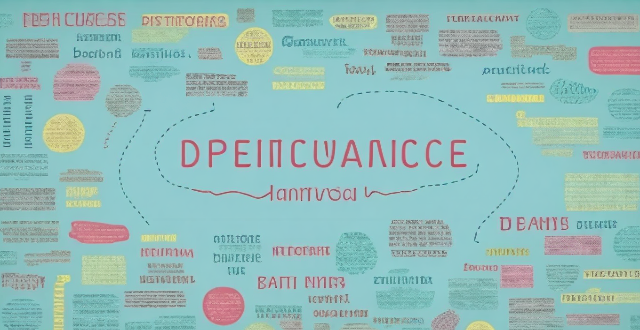The text discusses the definition and importance of privacy rights, which are fundamental human rights that allow individuals to control access to their personal information and protect themselves from unreasonable interference or intrusion into their private lives. Privacy rights include the ability to choose what information about oneself is disclosed and to whom, as well as the power to determine how that information is used. The key aspects of privacy rights include control over personal information, protection from unreasonable interference or intrusion, and autonomy and self-determination. Privacy rights are essential for maintaining individual freedom and dignity, promoting trust and confidence in society, and creating a more just and equitable world where everyone has the opportunity to live their lives with dignity and autonomy.

Definition of Privacy Rights
Privacy rights refer to the fundamental right of individuals to control access to their personal information and protect themselves from unreasonable interference or intrusion into their private lives. This includes the ability to choose what information about oneself is disclosed and to whom, as well as the power to determine how that information is used.
Key Aspects of Privacy Rights
Control over Personal Information
Individuals have the right to decide what personal information they share with others, including their name, address, phone number, email address, social security number, and other sensitive data. They also have the right to limit access to this information by third parties such as governments, businesses, or other organizations.
Protection from Unreasonable Interference
Privacy rights encompass the protection from unreasonable interference or intrusion into an individual's private life. This includes physical privacy (such as protection from searches of one's person or property), communication privacy (such as protection from wiretapping or eavesdropping), and psychological privacy (such as protection from harassment or stalking).
Autonomy and Self-Determination
Privacy rights are closely linked to an individual's autonomy and self-determination. By having control over their personal information and protecting themselves from unreasonable interference, individuals can make informed decisions about their own lives without external pressure or influence.
Importance of Privacy Rights
Privacy rights are essential for maintaining individual freedom and dignity. Without these rights, individuals would be vulnerable to manipulation, exploitation, and abuse by those who seek to gain access to their personal information or control their lives. Privacy rights also play a crucial role in promoting trust and confidence in society, allowing individuals to freely express themselves and engage in activities without fear of retribution or discrimination.
In conclusion, privacy rights are a fundamental aspect of human rights that must be protected and respected by all members of society. By ensuring that individuals have control over their personal information and are protected from unreasonable interference, we can create a more just and equitable world where everyone has the opportunity to live their lives with dignity and autonomy.